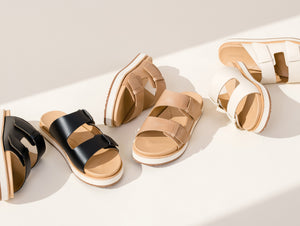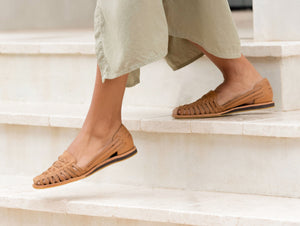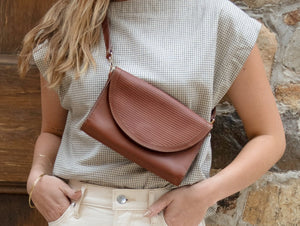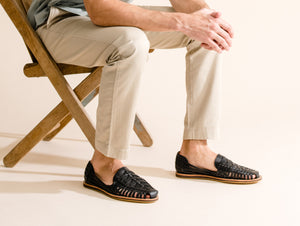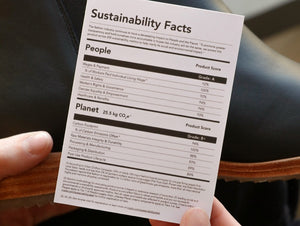We checked in with our Brand Partnerships Intern, Ben, to hear how his Zero Waste experience is going.
An interview with a Zero Waste Beginner
It’s no easy task to adopt a Zero Waste lifestyle. The process doesn’t just happen overnight and can impact everything from social events to personal care routines.
For those who are unfamiliar with Zero Waste (we’re still learning too!), it boils down to sending as little garbage to the landfill as possible. For some, recycling and composting are still OK, for others they’re off limits. Besides packaging and food, Zero Waste also requires mindful disposal of clothes and homegoods, meaning a lot of resale.
What made you first consider pursuing a Zero Waste lifestyle?
After watching countless documentaries on Netflix about the food industry, I was completely shocked and disgusted with American practices, especially concerning animals. This initial insight encouraged me to understand more about the food I consume from its source and producer to the transport it requires. I realized that Trader Joe’s and Whole Foods are not the only spaces to purchase food; there’s a robust world of healthier products beyond these greenwashed and sustainably marketed chains. I questioned why everything had to be adorned in colorful and graphic packaging, but all ends up in the trash a few days later anyway.
What exactly does Zero Waste mean to you?
I recently read a quote by Cesar Chavez that perfectly embodies my zero waste journey. "Once social change begins, it cannot be reversed. You cannot uneducate the person that has learned to read. You cannot humiliate the person who feels pride. You cannot oppress the people who are not afraid anymore.” Once I became aware of the many sociocultural and environmental implications of waste and overconsumption, I couldn’t ignore my personal practices. My goal then became doing no unnecessary harm, which is what zero waste means to me.
Walk us through the process of adopting the Zero Waste lifestyle.
The process of eliminating waste from one’s lifestyle does not occur overnight. I have worked for months to find solutions to personal food packaging issues and have often questioned why grocery stores can’t be more sustainable and offer zero waste options. I first started with sourcing produce locally. I then began to purchase grains, nuts, and granola from bulk bins at Whole Foods using my own containers. I also began to plan my meals better each week to eliminate food waste. And finally, I cut single-use plastic completely out of my life, using a metal straw, reusable water bottle, and containers. I also began to compost, which has incredible benefits for the environment.
Have you felt the Zero Waste lifestyle affecting the way you shop for clothes or use transportation?
I have cut my clothing consumption dramatically since 2015 and try not to purchase new garments. As a New Yorker, I also walk and take public transport everywhere, reducing my personal carbon emissions. Living in Nashville this summer and having to drive a car is not something I feel completely comfortable about, but I try to walk or scooter whenever I can.
What has been the hardest adjustment you’ve had to make so far?
The hardest adjustment has certainly been grocery shopping and the type of foods I allow myself to purchase. As much as possible, I try to purchase produce locally from a farmers market. My favorite is the Union Square Greenmarket in NY, which collects compost as well. Purchasing food to-go is actually quite easy; I simply always have a clean container with me and restaurants are generally understanding. While adjusting from semi-prepared and frozen foods to more fresh and home-cooked meals has restricted the foods I am able to eat, it has allowed me to focus on nutrition that is ultimately superior for my body.
What percent Zero Waste are you now and what is the next step in your journey?
I’d say I’m about 80% zero waste at this point; I have yet to make/source in bulk my own soaps and detergents. I am also still adjusting to traveling zero waste. I’ve lived in four cities and visited 15 countries this past year, so I definitely came into trouble when I couldn't cook and lacked containers. As I move into a new apartment next month, I also hope to reduce my waste in the furniture, mattress, and bedding I will need.
What advice do you have for someone considering going Zero Waste?
I’d recommend starting with some YouTube videos, following zero-waste Instagrammers, and taking little steps every week, from buying produce from a farmers market (and not using the plastic produce bags), using mason jars for your grains, cereal, and granola from the bulk section, and carrying around a reusable water bottle.












